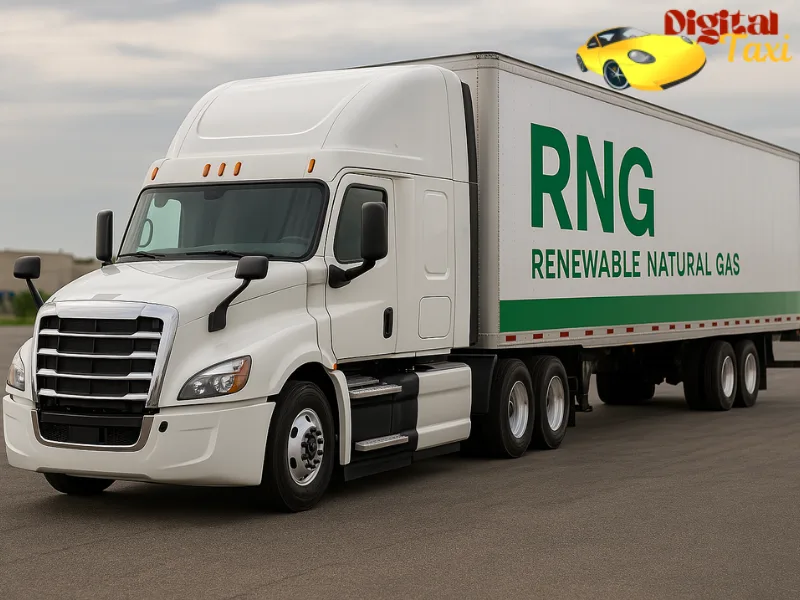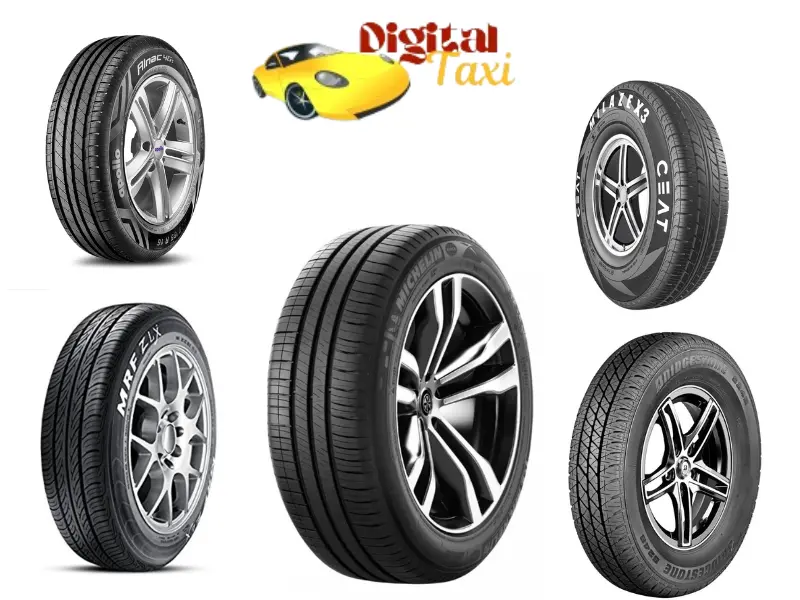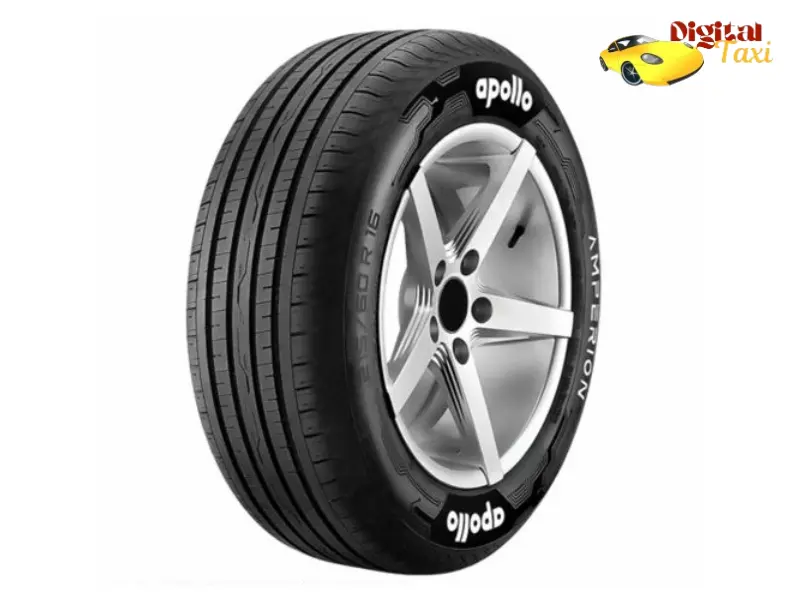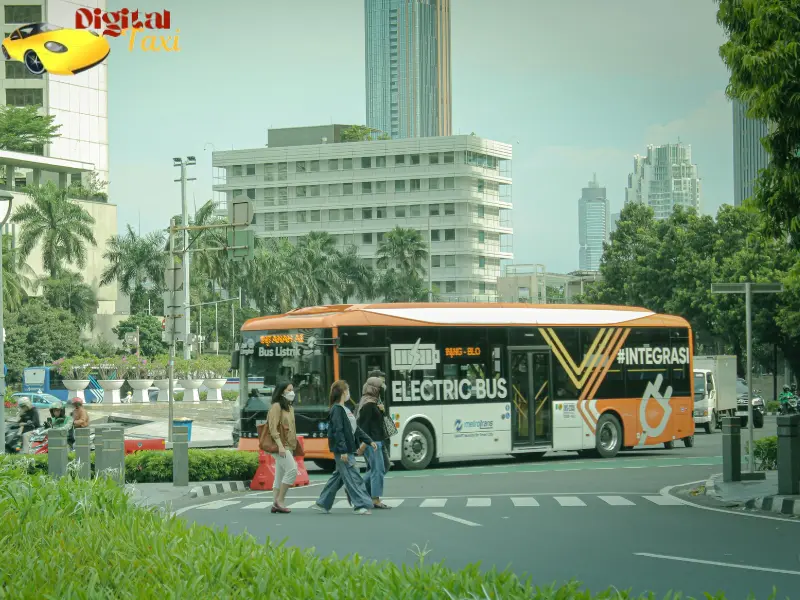As fleet operators and logistics companies look toward a greener, more cost-effective future, one question keeps coming up: What’s the best alternative to diesel trucks? The answer is becoming clearer by the day — Renewable Natural Gas (RNG) trucks are emerging as the top choice to replace diesel in the heavy-duty transportation industry.
In this blog post, we’ll explore what RNG is, why RNG-powered trucks are gaining traction, and how they outperform diesel in several critical areas.
What is RNG?
Renewable Natural Gas (RNG) is a sustainable fuel made from organic waste materials like agricultural residue, food waste, and landfill gas. Once captured and processed, it becomes chemically identical to fossil-based natural gas but with a much lower carbon footprint.
RNG can be used in CNG (Compressed Natural Gas) trucks with little to no engine modification, making it a seamless switch for fleets already using natural gas vehicles.
Why Replace Diesel Trucks?
Diesel trucks have long been the backbone of commercial transport, but they come with significant downsides:
- High greenhouse gas emissions
- Rising fuel and maintenance costs
- Strict government regulations and emission penalties
As sustainability becomes a top priority, diesel is losing its appeal — especially when cleaner, more affordable alternatives like RNG are available.
Benefits of RNG Trucks Over Diesel
✅ 1. Near-Zero Emissions
RNG is one of the cleanest-burning fuels available. When sourced from waste, RNG can reduce lifecycle greenhouse gas emissions by up to 90% or more compared to diesel. In some cases, RNG is even considered carbon-negative, meaning it removes more CO₂ from the atmosphere than it emits.
✅ 2. Lower Operating Costs
RNG is less expensive than diesel, especially in regions offering incentives or carbon credits. Plus, natural gas engines typically have lower maintenance costs due to cleaner combustion and fewer emissions-related repairs.
✅ 3. Seamless Transition for CNG Fleets
If your fleet already uses CNG vehicles, switching to RNG is easy. The fuel is interchangeable, so no major infrastructure or vehicle changes are required.
✅ 4. Government Incentives & Grants
Governments are offering incentives, tax breaks, and funding programs to support fleets transitioning to renewable fuels like RNG. These can significantly reduce the upfront cost of RNG-powered trucks and infrastructure.
✅ 5. Energy Security
RNG is produced domestically from renewable waste sources, reducing dependence on imported fossil fuels and supporting local energy resilience.

RNG vs. Diesel: Quick Comparison
| Feature | Diesel Trucks | RNG Trucks |
|---|---|---|
| Emissions | High CO₂ & particulates | Ultra-low / carbon-negative |
| Fuel Cost | High & volatile | Lower and more stable |
| Maintenance | More frequent, complex | Lower due to cleaner combustion |
| Environmental Impact | Polluting | Renewable & sustainable |
| Incentives Available | Few | Many (grants, credits, rebates) |
Real-World Success Stories
Major companies like UPS, Amazon, and Waste Management have already incorporated RNG trucks into their fleets. These businesses are reporting:
- Lower emissions
- Significant fuel savings
- Improved brand reputation for sustainability
Is RNG Right for Your Fleet?
If your fleet operates on fixed routes, urban delivery networks, or regional transport, RNG is a smart and scalable solution. For long-haul operations, RNG can still be viable — especially with the growing network of natural gas fueling stations across North America and Europe.
The Bottom Line
Diesel may have dominated the past, but RNG is shaping the future. With cleaner emissions, lower costs, and growing government support, RNG trucks are not just an alternative — they are the smartest, most future-ready replacement for diesel.
By investing in RNG today, you’re not just improving your fleet’s efficiency — you’re helping build a cleaner, more sustainable tomorrow.






